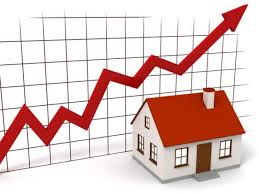 The Urban Land Institute and PwC have just released the real estate industry’s widely anticipated industry forecast, Emerging Trends in Real Estate 2020. The report indicates that while real estate economists are tempering their views on economic growth in the United States, they continue to forecast steady real estate markets and returns through 2021.
The Urban Land Institute and PwC have just released the real estate industry’s widely anticipated industry forecast, Emerging Trends in Real Estate 2020. The report indicates that while real estate economists are tempering their views on economic growth in the United States, they continue to forecast steady real estate markets and returns through 2021.
The outlook remains generally upbeat amid an escalation of the U.S.-China trade war, volatility in global financial markets and the inverted yield curve for U.S. Treasury bonds, which is among the most consistent recession indicators.
In spite of these headwinds, the forecast cites adaptability to change along with discipline as key factors in the industry’s ability to withstand an economic downturn and the possibility of softer real estate demand in the years ahead.
The report states, “Reinforcing the optimism about real estate’s ability to withstand a recession is satisfaction that the property sector’s discipline in this recovery means that ‘this time it won’t be our fault’ if the economy falters. Any warning signs are arising from causes that real estate has little control over.”
The findings suggest that a willingness to embrace change and rethink growth strategies is beneficial for cities as well as the industry. Austin, the capital of Texas, is ranked first out of 80 cities in the U.S. for overall real estate prospects for 2020, followed by Raleigh/Durham, North Carolina; Nashville; Charlotte, North Carolina; and Boston. Other favorites for 2020 include Dallas/Fort Worth, Orlando, Atlanta, Los Angeles, Seattle and Tampa/St. Petersburg.




